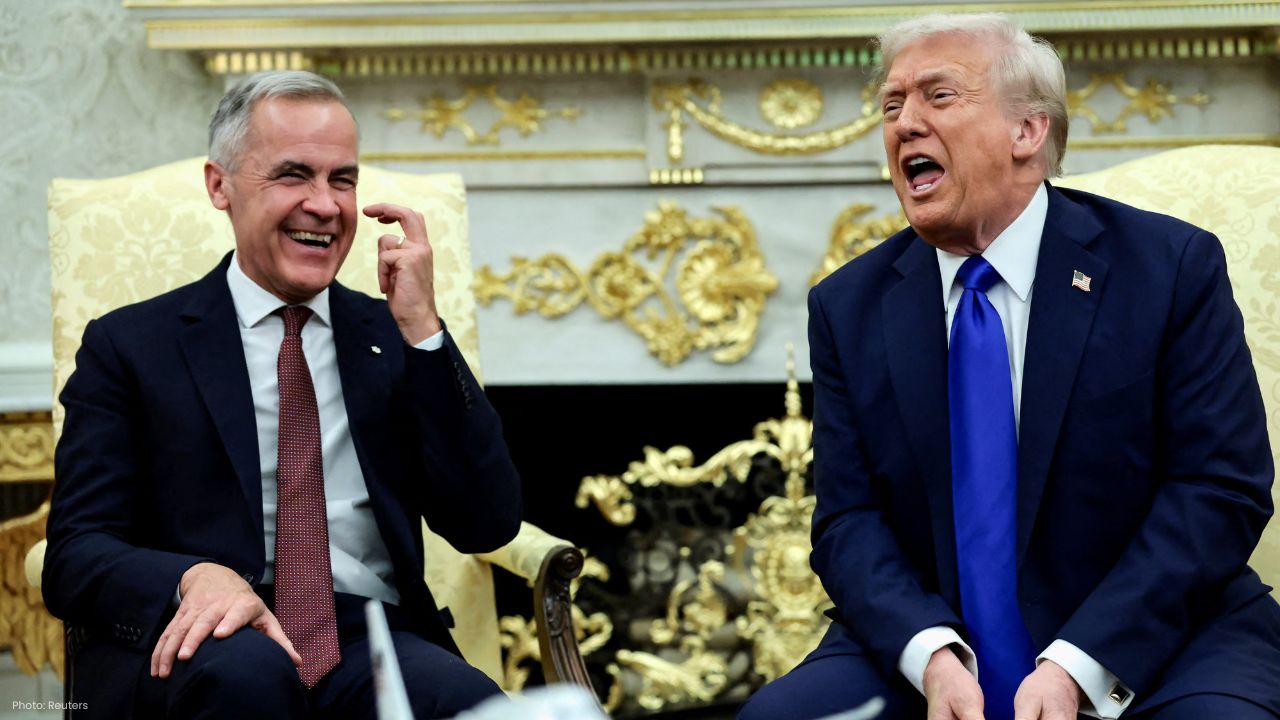
A Nutritionist’s Warm Guide to When to Enjoy Flaxs
Nutritionist Deepsikha Jain recommends 1–2 tablespoons of flaxseeds—morning, before meals or as a sn

Canada’s economy is struggling on multiple fronts. Growth has stalled, unemployment is climbing, and key industries like steel, aluminum, and automobiles are feeling the pinch due to ongoing U.S. tariffs. In such times, policymakers usually rely on interest rate cuts or government spending to reboot the economy. However, according to Bank of Canada governor Tiff Macklem, traditional monetary policy is reaching its limits.
“The structural damage caused by tariffs is reducing our productive capacity and adding costs,” Macklem said, emphasizing how rate cuts can’t resolve sector-specific challenges or supply chain disruptions.
Last week, the Bank of Canada lowered its key interest rate to 2.25%, but hinted it may hold off on further cuts. Macklem pointed out that monetary policy can only prevent economic pain from spreading, not target the industries most affected by trade barriers.
With the central bank signaling its limits, the focus has shifted to the federal government. Economists say the Bank of Canada has effectively passed the baton to fiscal policymakers.
David-Alexandre Brassard of CPA Canada notes, “The Bank seems to think it has done all it can and is now handing over the reins to the federal government.”
Finance Minister’s budget due this week is expected to be unprecedented — not just in spending scale, but also in its level of deficit. Early previews suggest a blend of increased government expenditure, tax cuts, and new investments, likely pushing debt levels beyond what Canada has seen in decades outside crises.
A Chance to Reset Economic Priorities
Canada’s growth problem predates recent tariffs or political shifts. From 2014 to 2022, the country recorded one of the lowest GDP per capita growth rates among OECD nations. Economists say the budget must emphasize long-term, structural economic reforms and investments.
Benjamin Reitzes from BMO Economics explains:
“It’s time to approach economic growth differently and focus on expanding Canada’s productive capacity.”
Key areas of government focus include defense spending, infrastructure through the Major Projects Office, and diversifying trade corridors to reduce dependence on U.S. markets.
For investors, businesses, and workers, Tuesday’s budget will serve as both a policy roadmap and a signal of the government’s priorities. The challenge is to present a clear, confident message on economic renewal.
As Reitzes says, “We are ready to grow the economy… and those priorities are not the same as they have been for the last 10 years.”